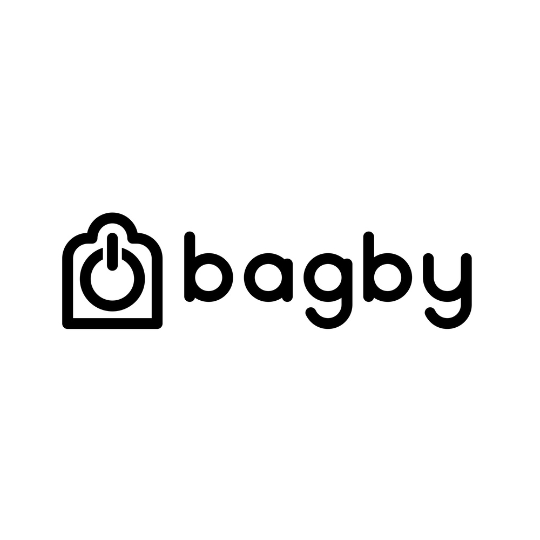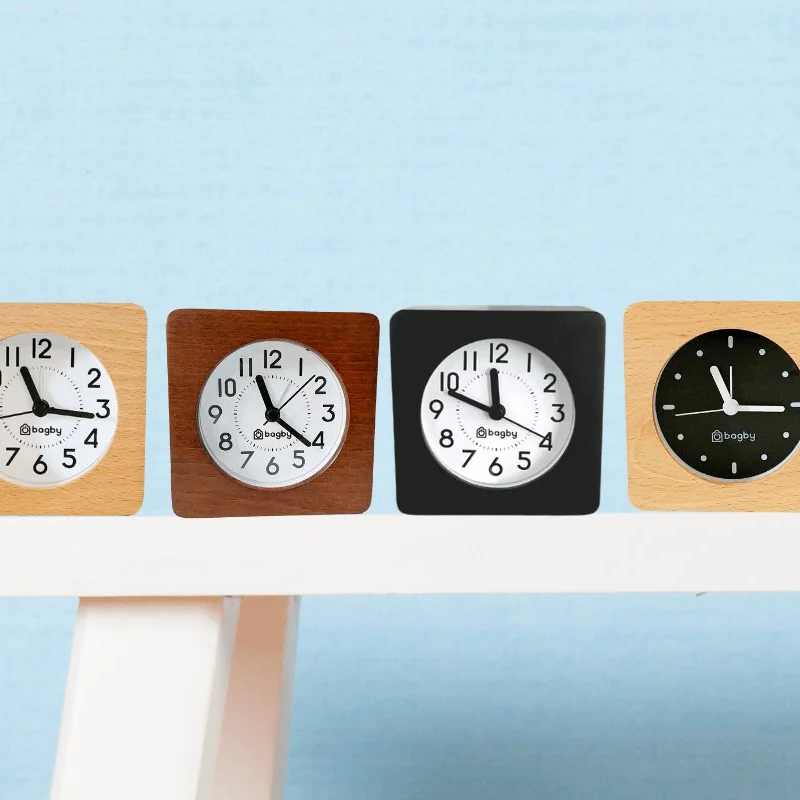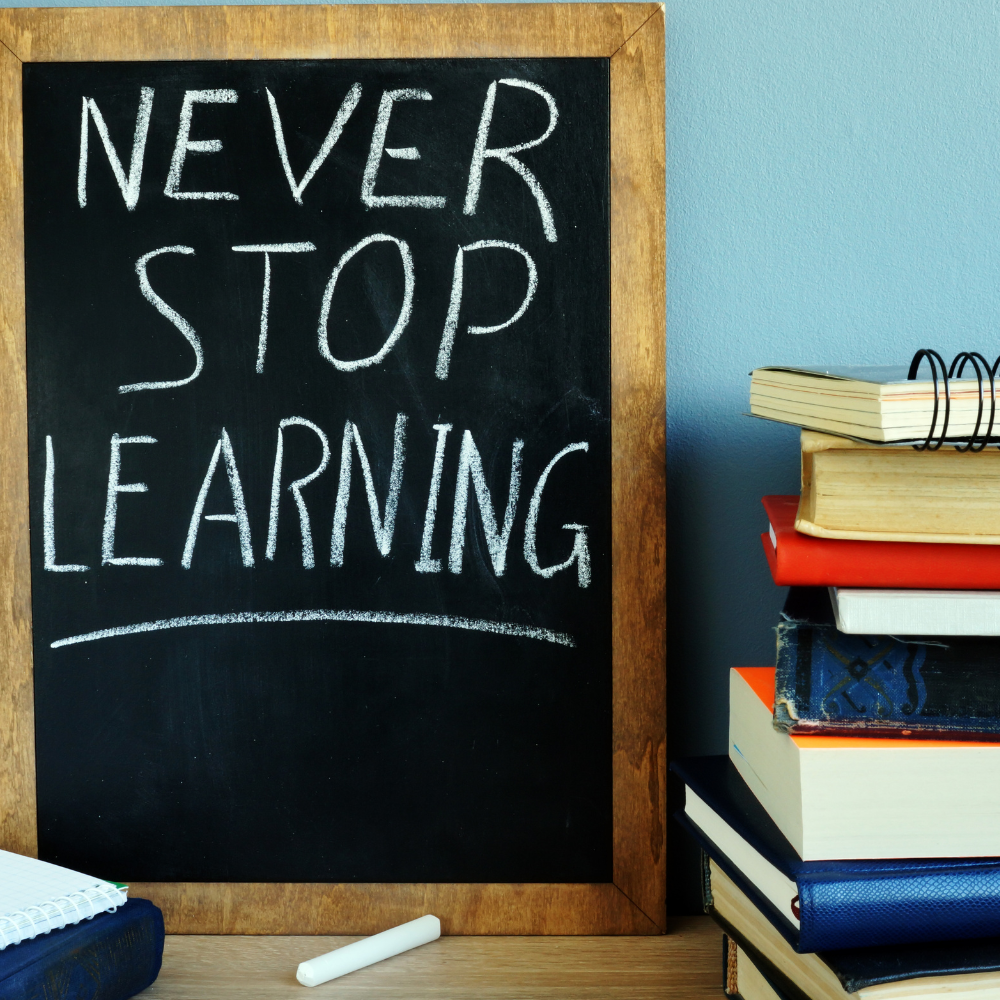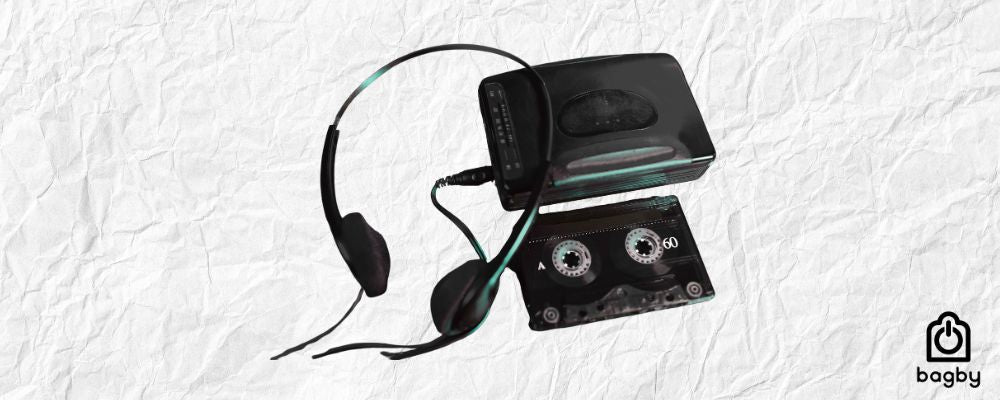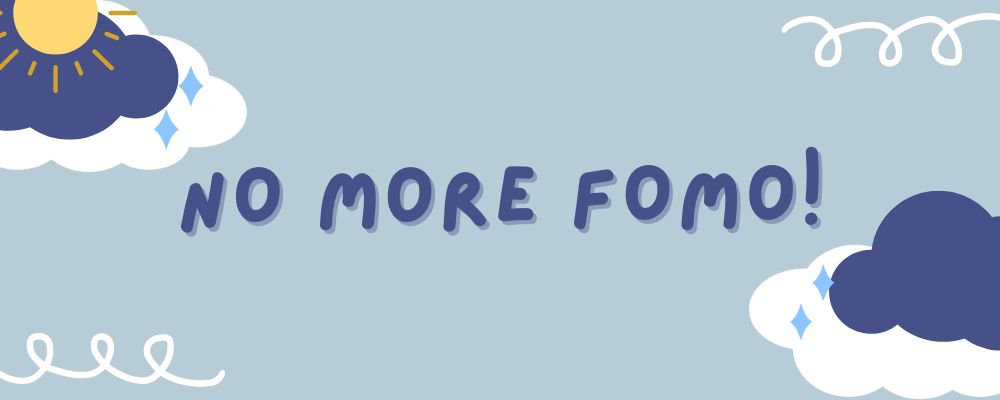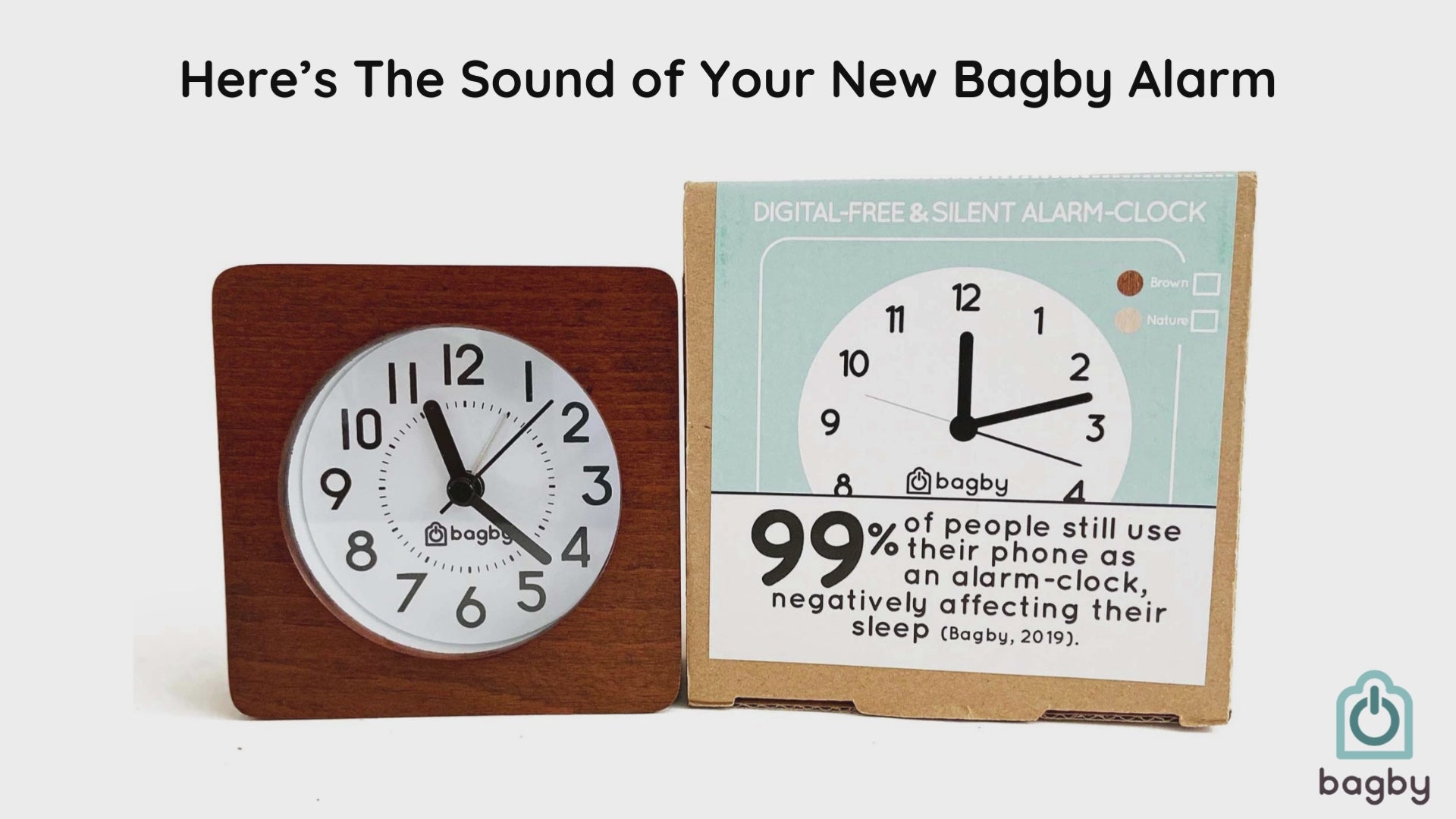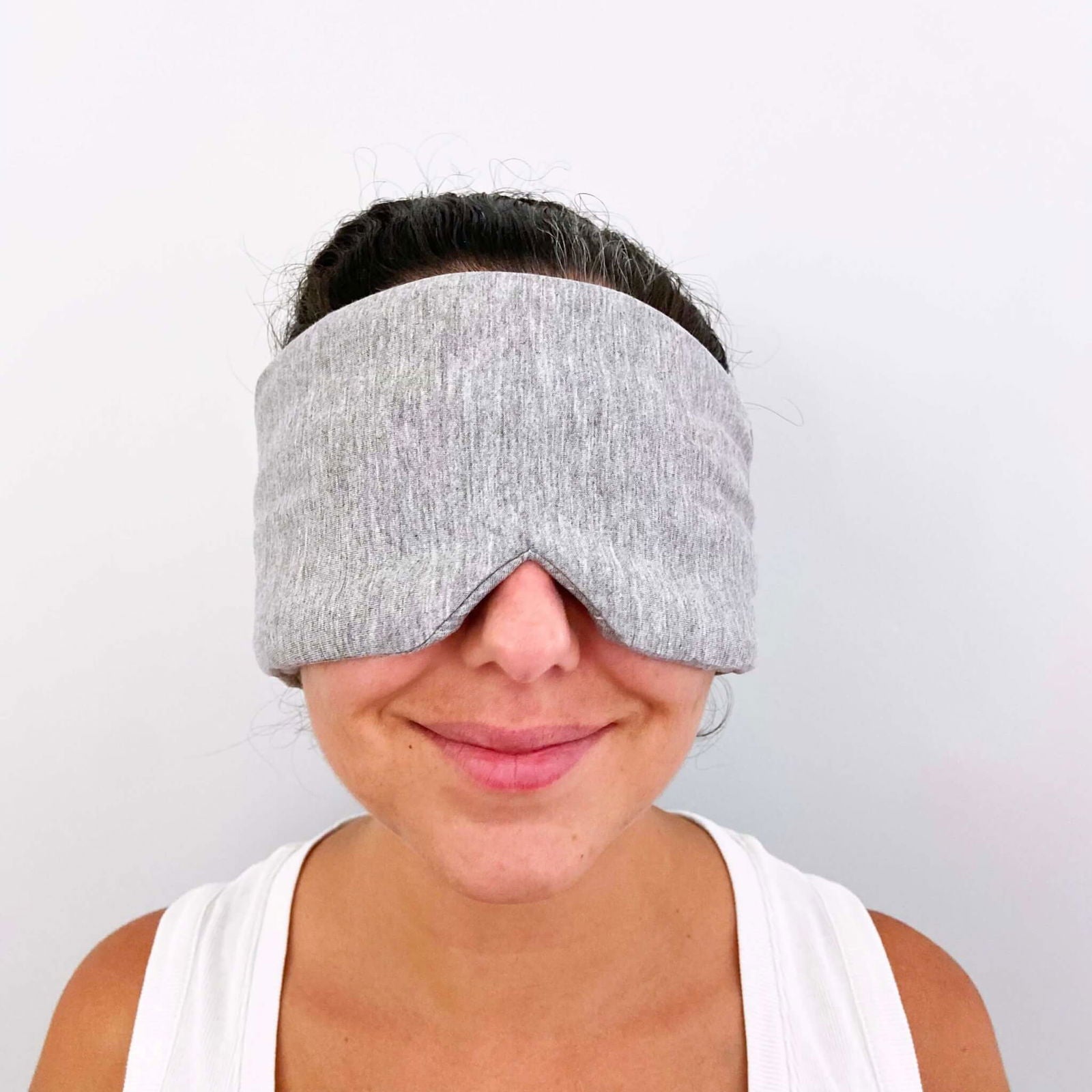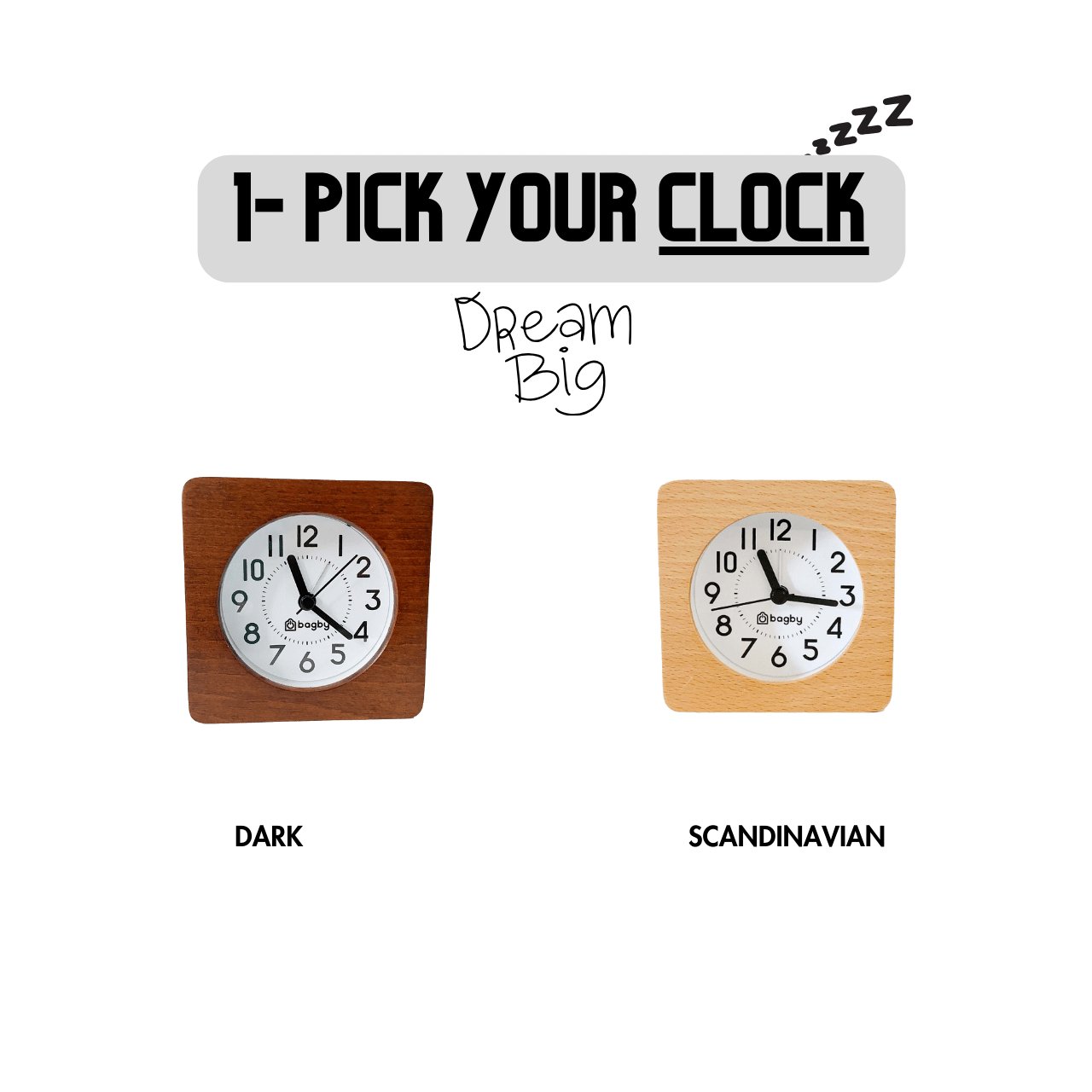Here’s a question to ask yourself: were things simpler and better before the prevalence of digital technology and social media? John Senall, the founder of Mobile First Media Group, just about sums it up when he said in a 2018 Pew Research Center report: “The benefits of a hyperconnected life are amazing and rewarding. Yet, I think many of us yearn, at least occasionally, for a simpler, less digital time.” We agree—there’s no denying that digital technology has undoubtedly made our life easier at times. Among numerous things, it has allowed us to connect with others in ways we never imagined possible and we have greater access to information than ever before. However, the true costs of the digital era we now live in are becoming more apparent. For instance, our mental and physical health has suffered substantially and we are constantly trying to compete with time. Despite this, there are people who are aware of the harms of technology and some who are even making changes to their lifestyles.

The Analog Nostalgia
We define analog nostalgia as the longing for a simpler past time when human connection was valued over social media likes. The return to our analog past is becoming trendier over the years—consider the use of film photography, records, alarm clocks and the popularity of vintage clothing. With the overwhelm that arises from the fast-paced society we now live in and the inundation of current technology, some people are intentionally stepping back and reflecting every so often about how technology affects them and their relationships with others.er

The Increased Popularity of Digital Detox
On average, people spend 2 hours and 48 minutes per day using social media, according to the 2020 Digital Global Statshot Report. As if this isn’t obvious, but too much time spent on our devices and social media isn’t good for us. The increasing popularity of digital detoxes further demonstrates the adverse effects of technology on our overall wellbeing. It also shows that people are becoming increasingly aware of these negative effects.

Let’s step back a second. How did we even get to the need for digital detox, let alone digital detox retreats? Smartphones have been around for less than fifteen years; social media as we know it was developed in this millennium alone. So, what does that reveal about the technology we use and our behavior? In part, it means that tech companies have been highly intentional and successful at holding our attention. The influx of notifications and likes we receive on a regular basis certainly keeps us glued to our devices, but it can also overstimulate and overwhelm us. In order to help combat this, practicing digital detox can be extremely beneficial and a great way to slow down every now and then.
Slowing Down
Beginning in Italy in the 1980s, the idea of Slow Food arose in part to “counteract the rise of fast life and combat people’s dwindling interest in the food they eat, where it comes from and how our food choices affect the world around us.” Since its founding, Slow Food has turned into a global movement involving thousands of projects and millions of people in over 160 countries. From this movement, we can apply this concept of ‘slow’ to everything, not just how we eat. Imagine if we took time to slow down, unwind, and disconnect from technology.
Erin Loechner, author of Chasing Slow, calls taking things slow and disconnecting from time to time a “step-back story” whereby we reassess what matters to us most and what doesn’t and see if the life we’re living aligns with our values in this video. Tiffany Shlain, author of 24/6, says in the same video: “People have forgotten how to live without being notified and dinged and on…and forgot how to really appreciate being human.” Taking things slow and disconnecting allows us to focus on what is important to us and regain time we may have otherwise lost using our devices. It allows us to be present and open to creative ideas as well as authentically connect with ourselves and others. It resets our productivity, and perhaps most importantly, it keeps us human.
Are you closing for spiritual maintenance or are you looking for analog solutions that help you recharge and reconnect?
Author: Rebecca Cohen-Lindfors
Social Lead Impact at Bagby.co

